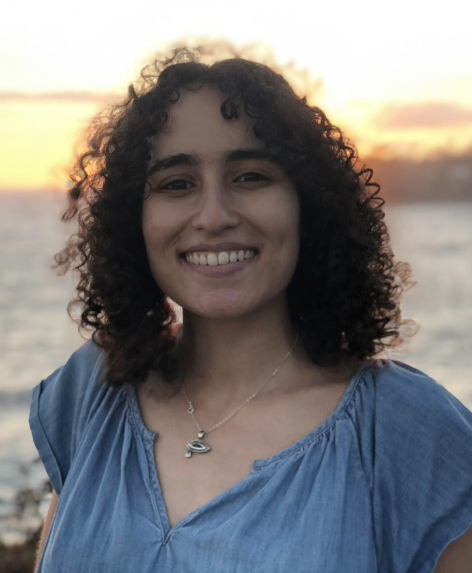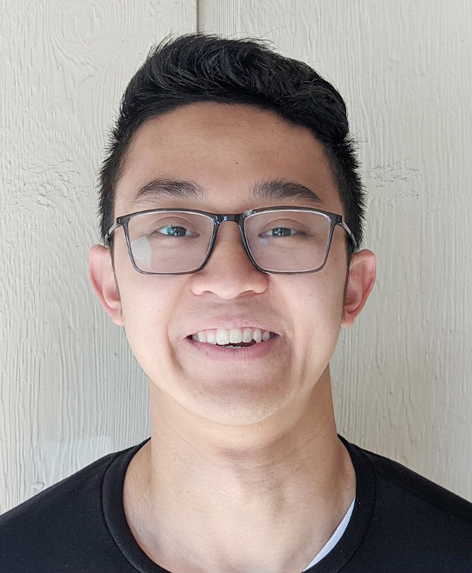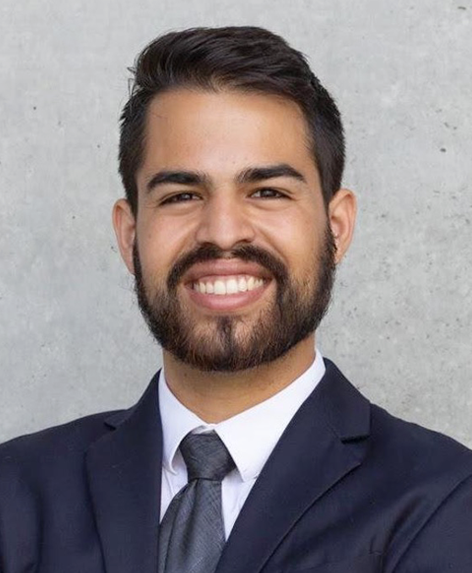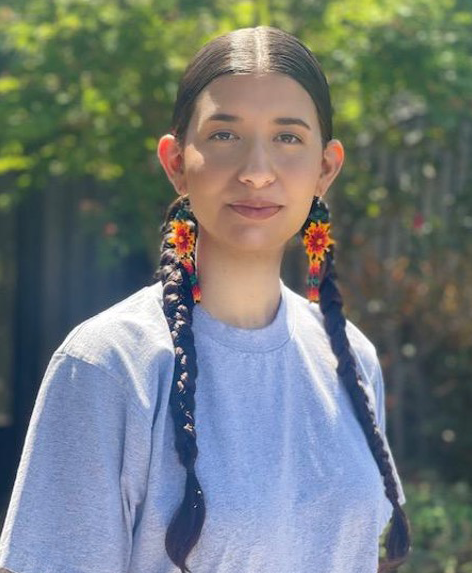April 13, 2021 - Four students from the Samueli School of Engineering have received Graduate Research Fellowship Program awards from the National Science Foundation. The GRFP is a five-year fellowship that provides financial support to graduate students for three years. The competitive award is open to master’s and doctoral students who are pursuing STEM-oriented research at accredited U.S. institutions.
Here are the Samueli School’s 2021 NSF GRFP awardees:

Salma El-Azab is a second-year doctoral student in the Department of Materials Science and Engineering. Advised by Professor Julie Schoenung, El-Azab works with entropy stabilized oxides, a special type of ceramic that displays unique properties due to their composition. In her research, El-Azab investigates if these ceramics display useful transformation superplasticity, which would make it easier to manufacture and recycle otherwise brittle material. After graduating, El-Azab wants to become a professor or work in a national lab. “As a professor, I hope to mentor students from underrepresented backgrounds, such as myself,” she said.
“I am beyond honored to receive this fellowship,” continued El-Azab. “This recognition makes me feel very grateful for the opportunities and experiences that I have been afforded in my education. The NSF GRFP has always been a symbol of leadership and diversity in STEM to me, and I am excited to see where this takes me in the future.”

Andrew Sum is a second-year doctoral student in the Department of Biomedical Engineering. Advised by Associate Professor Elliot Hui, Sum is currently working on a microfluidic droplet platform for high-throughput screening of a panel of small protein-like molecules called peptides. Sum’s research goal is to screen metagenomic samples for synergistic antimicrobial effects where a combination of two or more peptides would have a greater effect than the peptides would individually. “The discoveries from these experiments can potentially address issues related to antibiotic resistance and agricultural pathogen prevention,” said Sum, who hopes to become a scientist and work in industry on technologies that help us further understand the connection between DNA sequence and function.
On winning the award, Sum said, “It was extremely encouraging to know that other scientists thought my ideas and goals were worth funding. I thank God for the opportunity to be able to work on a project that I find intellectually interesting and that also has the potential for broader societal impacts. I am also extraordinarily thankful for the support of family, friends, mentors and colleagues.”

Luis Ramirez, a senior undergraduate student in mechanical engineering, will start pursuing his doctorate in soft robotics in the fall. Ramirez has done research on wearable exoskeletons for stroke rehabilitation in the lab of David Reinkensmeyer, professor of mechanical and aerospace engineering. He has conducted soft robotics research during the summer at UC San Diego and UC Santa Barbara, as well as at UCI with Associate Professor Elliot Hui. Currently, Ramirez is investigating COVID-related emergency ventilators with Hui in the Department of Biomedical Engineering. After completing his doctorate, Ramirez plans on becoming a professor at a research institution, focusing on soft robotics and bioinspired design.
Ramirez is appreciative of his undergraduate UCI experience. “Programs at UCI such as the UC Leadership Excellence through Advanced Degrees have prepared me greatly to apply to this prestigious award,” he said. “That being said, I still am in disbelief that I was selected and am beyond grateful for all my mentors who helped me revise my research proposal.”

Heather Romero Mercieca is a senior undergraduate student in biomedical engineering. She will start pursuing her doctorate in the fall, and her research will focus on renewable energy. During her undergraduate studies, Romero Mercieca spent more than two years researching electrochemical sensors in the lab of Professor Michelle Khine. Her most recent academic pursuit was working with a team to develop an electrochemical aptamer-based biosensor for the detection of SARS-CoV-2. After earning her doctorate, Romero Mercieca hopes to help communities of black people, indigenous people and people of color attain energy sovereignty.
“It is a great honor to get the NSF Graduate Research Fellowship, as it will give me the financial support to complete my Ph.D. as well as the freedom to define my research focus and goals,” she said, adding, “I would like to thank the Minority Science Program at UCI for uplifting and guiding me through my research and application process.”
– Sherry Ngo
